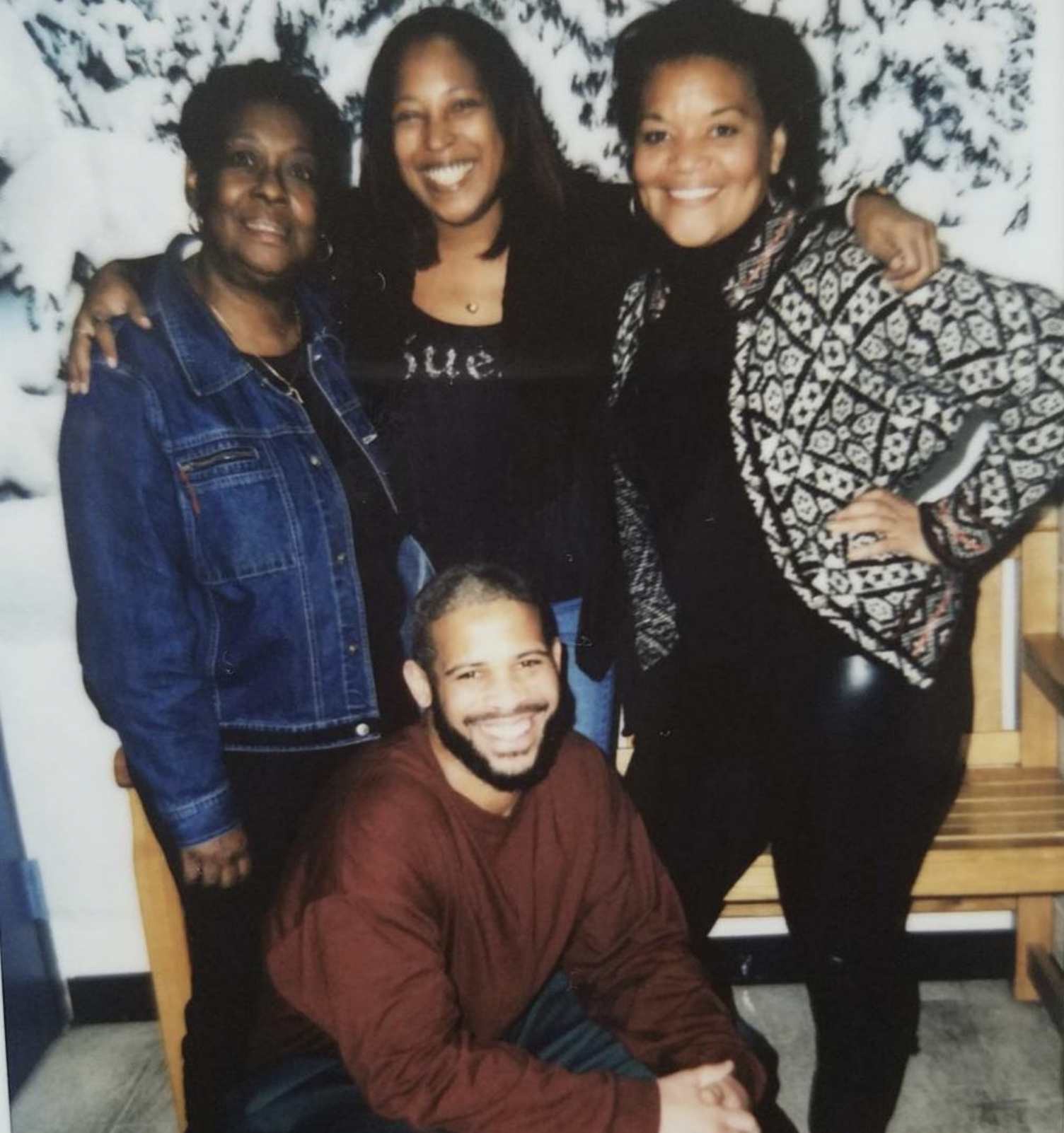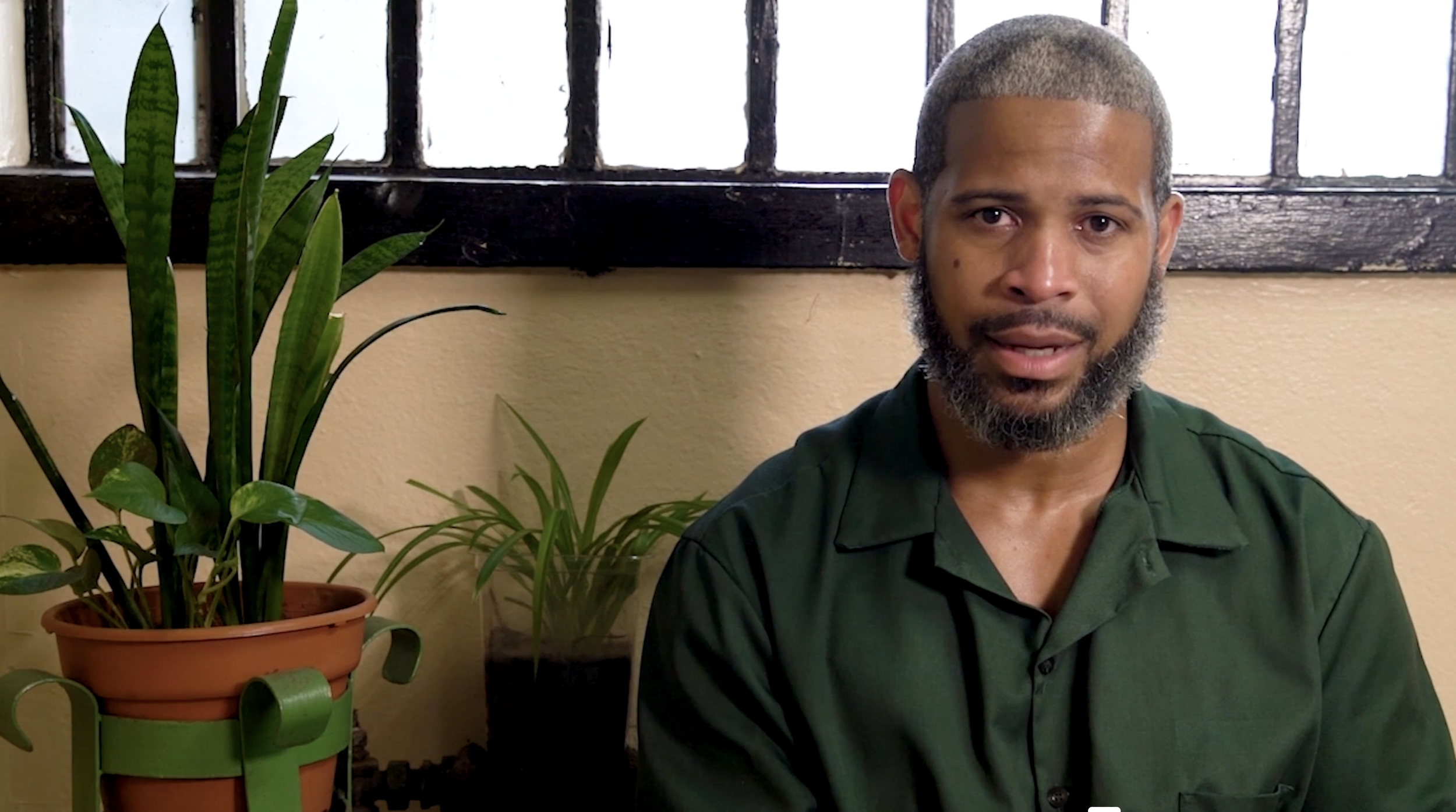
Excerpts from letters by DOCCS staff
"I have little doubt, given the opportunity Mr. Townsley will, upon his release, continue to contribute to society as a law-abiding, constructive, member of his community."
— Offender Rehabilitation Coordinator, 6/18/24
"I have observed Townsley's helpful nature and how he utilizes his influence to help other people around him change for the better."
— Corrections Officer, 9/19/24
Excerpt from letter of support by Founder & President Mark M. Howard
“In short, Tayden strikes me as a compassionate person who cares about learning, self-reflection, and personal growth. He has demonstrated his ability to be an asset to the people around him, and I expect him to be prepared to succeed when he returns to society. I hope he has that opportunity, and I am confident that one day he will make me and others proud to have supported him and believed in him.”
FAQs
-
Because his continued incarceration serves no worthwhile purpose. There are three reasons traditionally given for incarcerating people: deterrence, rehabilitation, and punishment. Deterrence did not work, clearly, in the split-second decision Mr. Townsley made as a teenager to pull the trigger of a gun. And his continued incarceration after 30 years will not deter anyone who would not have been deterred at his 29th year of incarceration. As for rehabilitation , that has been the theme of Mr. Townsley's 30 years in prison -- he has earned his Associate's degree, chaired the Lifer's Association, led a counseling group for mentally ill prisoners, and worked as a Phase III specialist in Transitional Services, mentoring peers so they can succeed on the outside. Various DOCCS staff have described him as having "remarkable insight, empathy and judgment," being "a great help during times of crisis," and demonstrating "talents welcomed and very beneficial to the outside community." The last reason, punishment, needs no explanation. Imagine being in prison for 28 years, missing your parents finally getting sober, missing your mother's funeral, missing the opportunity to be a father to your daughter. All three reasons for incarceration having been addressed, perhaps the better question is: why should Tayden Townsley continue to be imprisoned?
-
Tayden Townsley was arrested when he was 19 and has been incarcerated ever since. He is now 49 years old. Without a sentence commutation from Governor Hochul's Executive Clemency Bureau, Mr. Townsley is not eligible for release until 2036.
-
It has been an extraordinary 8 years since Tayden received a disciplinary ticket -- 20 years since a disciplinary ticket that involved any kind of fighting. Multiple staff at his correctional facility have written letters about his peacefulness, empathy, and mentoring of others to do the same.
-
Few things are truly certain when it comes to human behavior. But there are many well-documented indicia of a person's non-proclivity for violence or criminality: social support, job opportunities, educational accomplishments, ascribing to religious or spiritual ethos, having demonstrably worked through the trauma that underlies much interpersonal violence, age, and, of course, a person's own recent history of behavior. Tayden Townsley meets and surpasses all these indicia. He has not been in a fight in 20 years -- anyone who has survived Sing Sing knows this is no small accomplishment. He not only acts peacefully, he has also been known to intervene to de-escalate volatile situations between fellow incarcerated people and guards. He has a deep relationship with his religious faith. His family is ready and able to house and financially support him until he achieves employment that appears inevitable, with multiple job offers already awaiting him, including from another sister's nonprofit LTownsley Ventures and a family friend's law firm called Lawrence Zirinsky and Associates. In summary, Tayden Townsley is set up for success on the outside.


